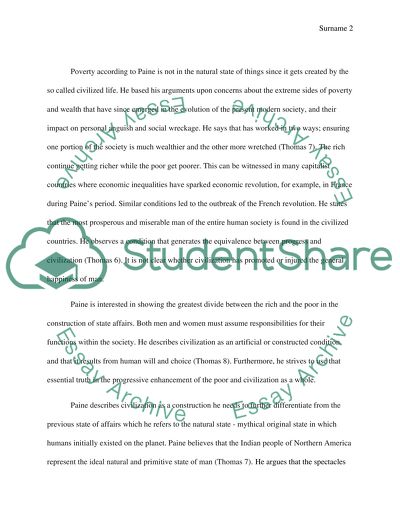Interrogating Thomas Paine's Agrarian Justice Essay. Retrieved from https://studentshare.org/english/1448130-interrogating-thomas-paine-s-agrarian-justice
Interrogating Thomas Paine'S Agrarian Justice Essay. https://studentshare.org/english/1448130-interrogating-thomas-paine-s-agrarian-justice.


